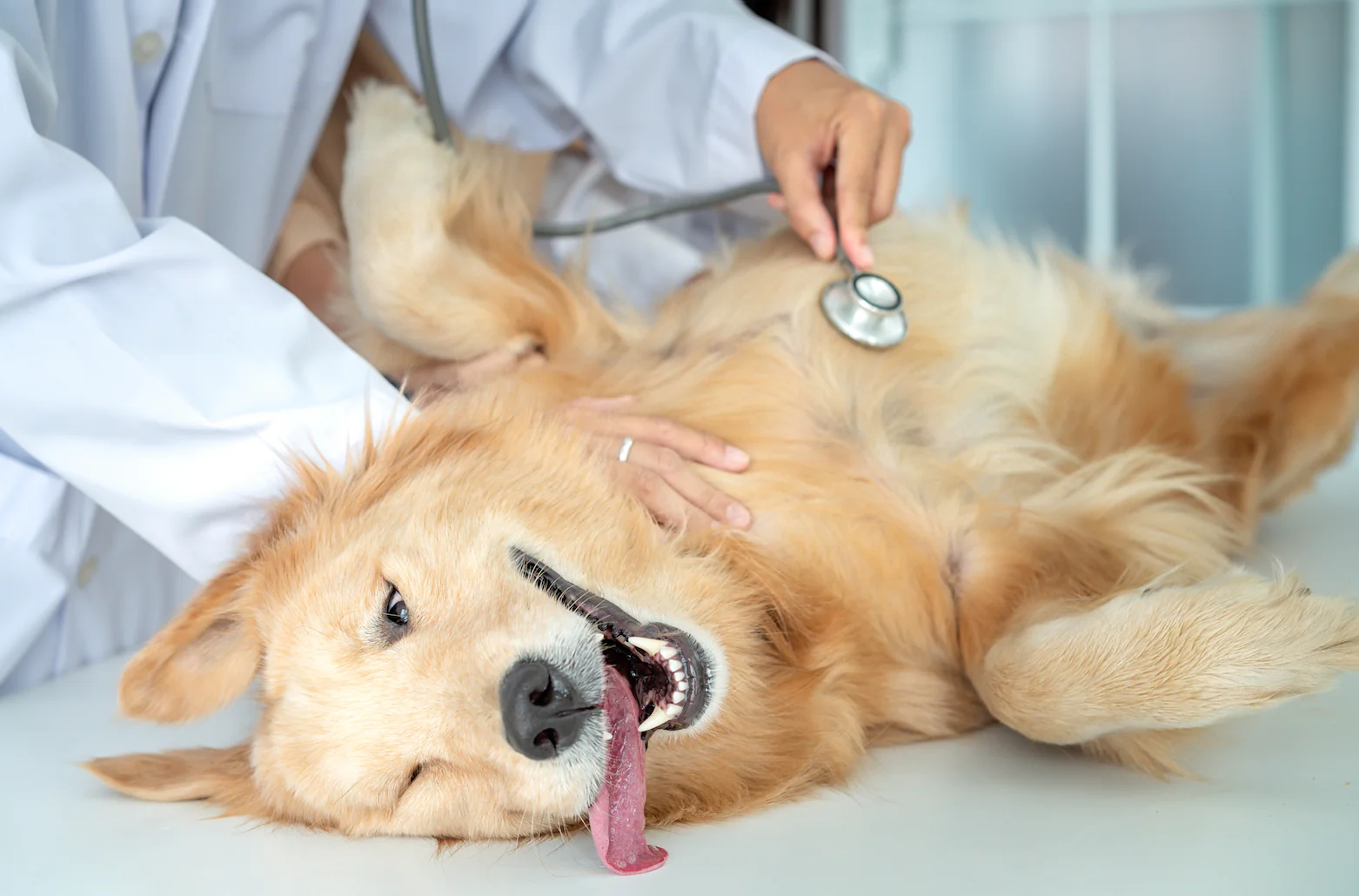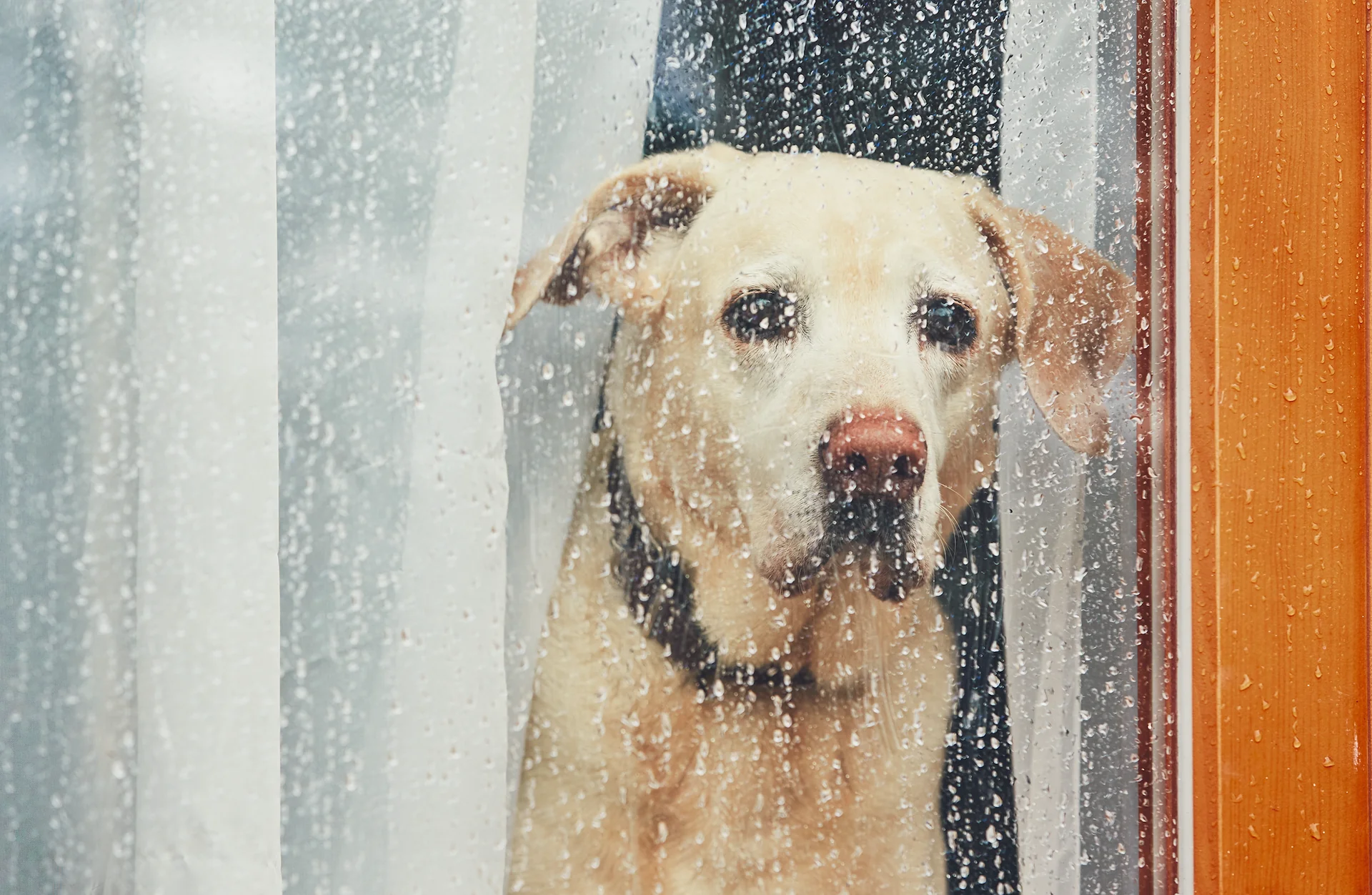Human health and wellness focus on gut health, but what about your pet’s digestive health? Learn the benefits and how to achieve a healthier digestion system for your dog.
What is Gut health?
The term “gut health” is often used online without context, so let’s find out what it means.
Gut Health is a term used to describe the health of the entire digestive tract, which includes the organs responsible for delivering food from the mouth through the esophagus and stomach into the intestines and then out the other side. They are responsible for breaking food down and giving it to the body. This has a significant impact on your health and that of your pet.
The microbiome in the gut is one of the most critical components of gut wellness. Our GI tract is home to trillions of bacteria essential for digestion. Although the thought of bacteria living in our bodies may make some people shiver, we (and the science) urge you to trust us. We are confident that your gut microbiome is full of friends you can’t do without.
A lousy gut affects more than your poop-scooping. Poor gut health is linked to various health problems, including poor digestion, poor immunity, diabetes, and inflammatory bowel diseases (IBD). Supporting your pet’s digestive health will pay big dividends for their happiness and health!
Gut health is beneficial for pets.
Our pets are our family members, and their gut health significantly affects their overall well-being. The benefits of improving your pet’s digestive health range from the expected (such as better poop) to the unexpected (such as less anxiety and stress). A healthy gut can have many benefits for your pet.
#1. Good Digestion
It might seem obvious, but better gut health equals better digestion. It means less tummy rumbles, better digestion, and a healthier pet (hello, glossy fur!). Better gut health means fewer hairballs and vomiting for the horking cat!
#2. Optimal Immune Function
Did you know at least 70% of your pet’s immunity is in the gut? The body’s largest immune organ is the GI tract, which significantly impacts your pet’s ability to fight diseases and harmful bacteria.
#3. Strong Bone and Joint Health
The digestive system does not just provide nutrients to the body from food; it also synthesizes its nutrients! Good bacteria in your pet’s gut produce vitamin K, which helps metabolize calcium and digestive enzymes that help break down and absorb minerals.
#4. Improved Dental Health
Supporting healthy oral bacteria helps to stave off bad breath and a host of other dental issues. Beneficial oral bacteria can help prevent bad breath and dental problems.
Supporting your pet’s gut health will help bring back their youthful energy! Healthy gut bacteria not only help your pet absorb as much of their food as they can but also produce B vitamins that contribute to the energy level in your pet.
#6. Healthier Weight Management
All of this helps keep your pet in the best shape possible. All of this helps keep your pet in the best possible condition!
The gut microbiome can help regulate the emotions of your pet! Healthy gut bacteria can produce calming and uplifting neurotransmitters like serotonin. They also reduce anxiety and stress by balancing cortisol levels. Plus, who doesn’t feel better when digestion is smooth and easy?
How to support your pet’s gut health
Improving your pet’s health by boosting their gut will help them feel better immediately and improve their health in the long run. How can you start? You can improve your gut health by using simple methods:
- Add probiotics to your diet. Prebiotics provide the necessary fuel for the good bacteria in the gut. These can be given to your pet through probiotic supplements, naturally rich foods, or probiotic pet food.
- Feed your pet a high-quality diet. A grain-free, high-protein, and fiber-rich food will support a healthy microbiome and digestion. Read labels carefully so you get what your pet requires and nothing else.
- Address any food sensitivities or allergies. Pets are more sensitive than you think to certain ingredients in pet food. Look for signs of food sensitivities, and work with your veterinarian to determine the cause.
- Get outdoors! Your pet’s microbiome can be supported by the healthy bacteria found in nature. Take a walk or spend some extra time in your catio.
- Reduce Stress. Excessive stress and anxiety can release cortisol, which harms immune and gut health. You can reduce stress in your pet by removing or modifying the sources with counterconditioning training.




